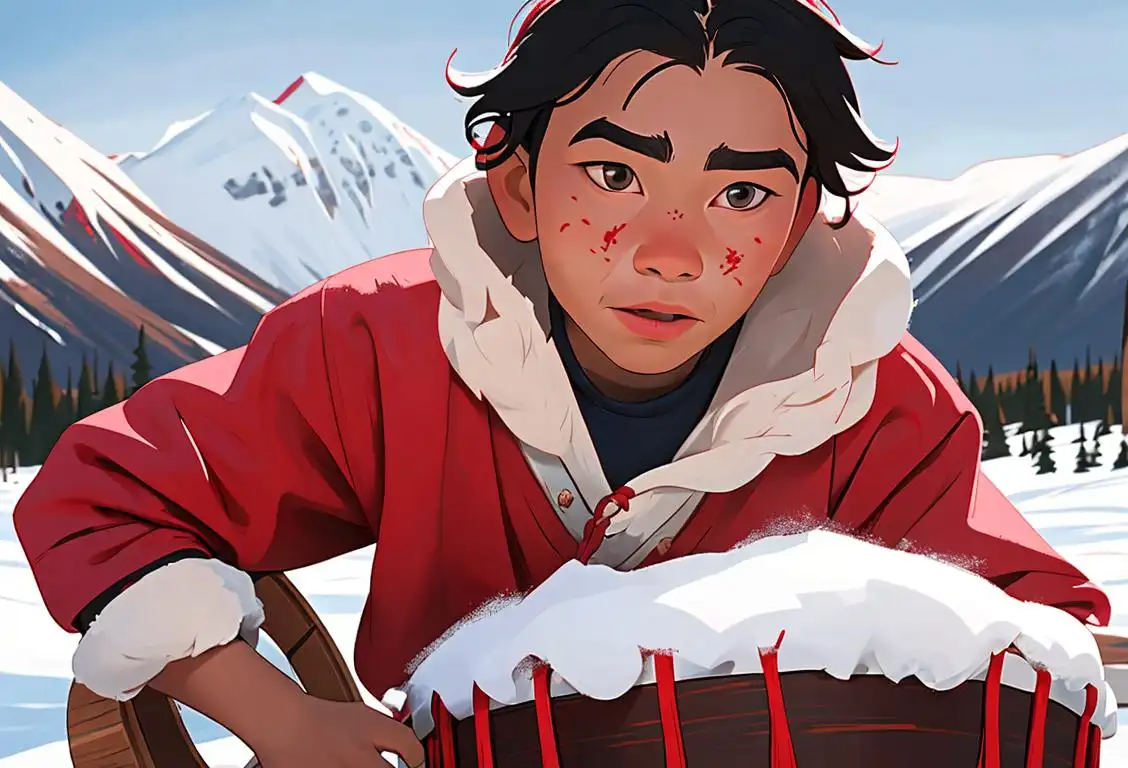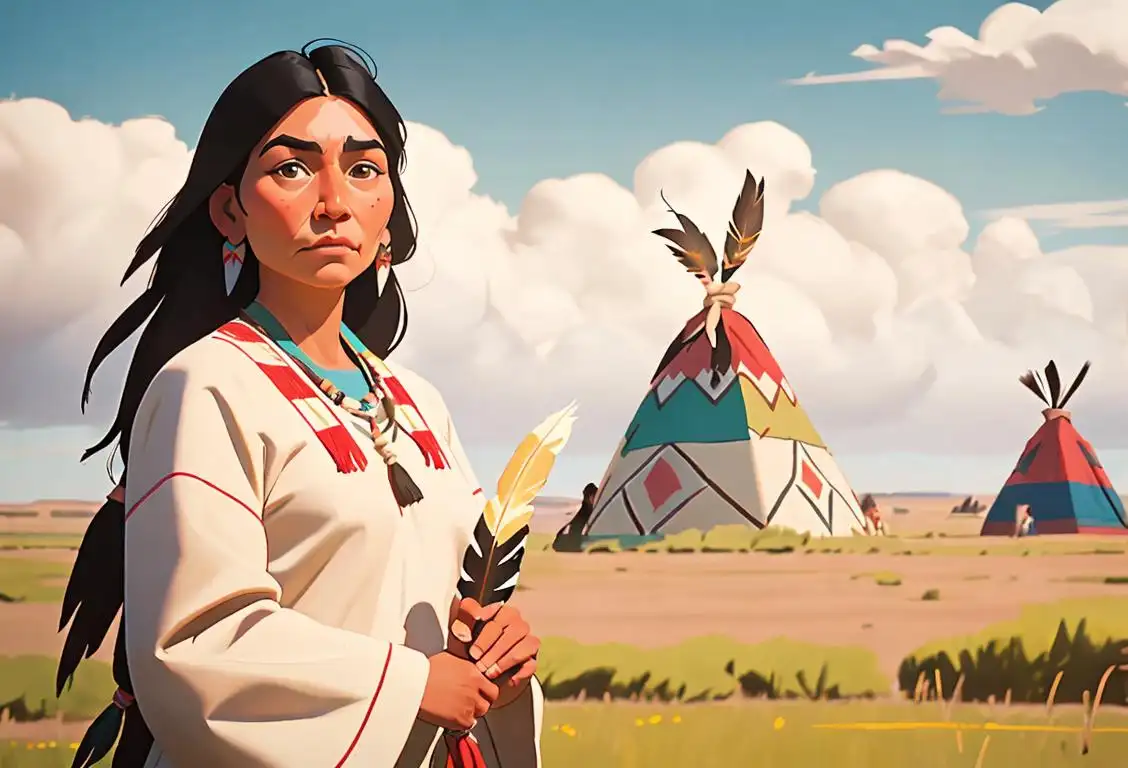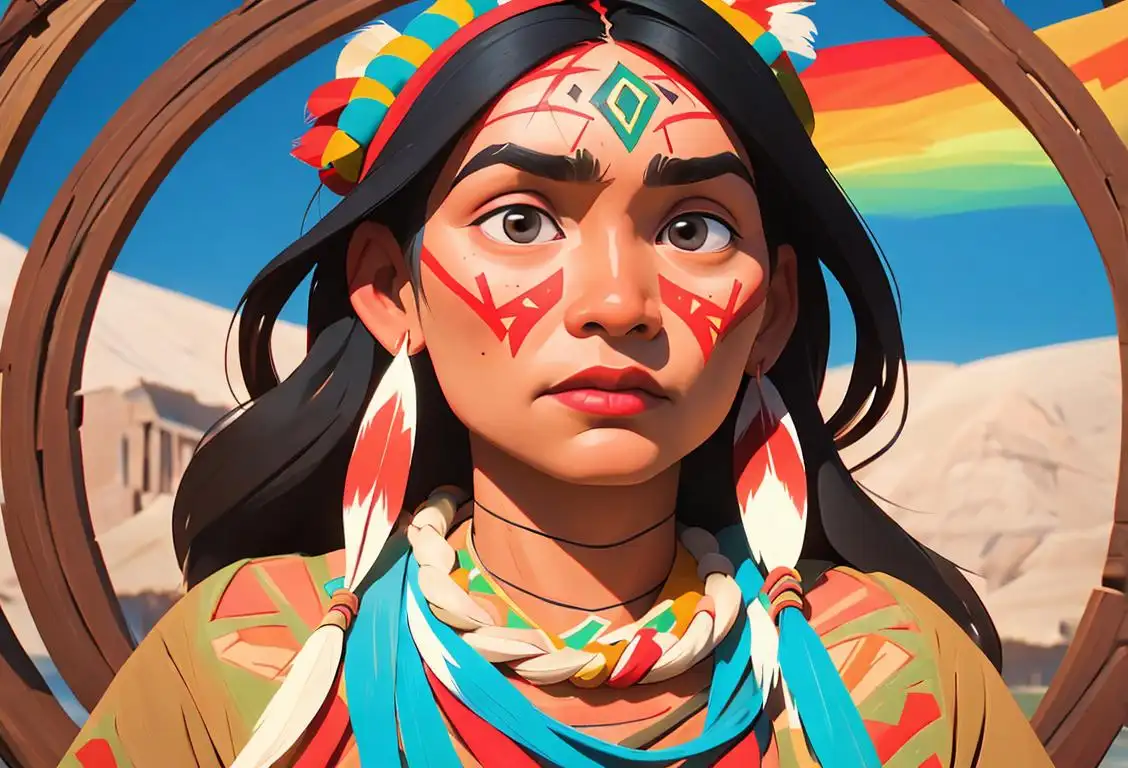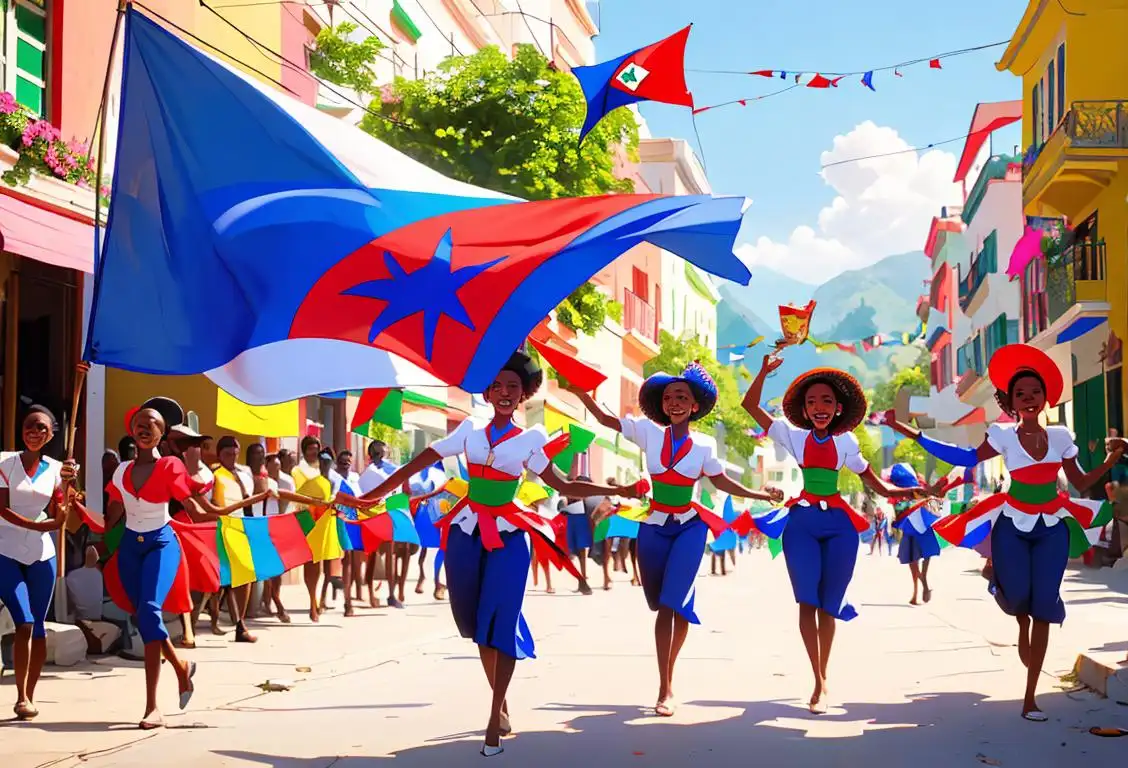National Saami Day

Hey there! Are you ready to learn about National Saami Day? Well, get cozy and prepare to dive into the fascinating world of Saami culture, because we're about to take you on a fun-filled journey!
When is Saami Day?
It's national saami day on the 6th February.
The Origins of National Saami Day
If you're unfamiliar with the Saami people, rest assured, you're not alone. The Saami are an indigenous people inhabiting the Arctic area of Sápmi, which includes parts of Norway, Sweden, Finland, and Russia. National Saami Day celebrates their rich heritage, culture, and language.
The day was first established to raise awareness of the challenges faced by the Saami community and to promote their rights. It provides an opportunity for the Saami people to come together, share their stories, and showcase their vibrant customs to the world.
How to Celebrate National Saami Day
Celebrating National Saami Day can take many forms! You can honor the occasion by:
- Learning about Saami history and culture
- Exploring traditional Saami crafts and arts
- Supporting Saami organizations and initiatives
- Sampling Saami cuisine
Remember, it's all about embracing diversity and appreciating the unique contributions of the Saami people.
History behind the term 'Saami'
5000 BCE
Origins of Sami Culture
The Sami people, also known as the Saami, are the indigenous people of northern Scandinavia and the Kola Peninsula of Russia. The origins of the Saami culture can be traced back to around 5000 BCE when the earliest evidence of their presence in the region is found. The Saami have a rich cultural heritage, with a distinct language, traditional clothing, and nomadic reindeer herding practices.
12th Century CE
Earliest Written Mention
The term 'Saami' finds its earliest written mention in historical records from the 12th century CE. It appears in various forms such as 'Same', 'Sami', and 'Saemie', depending on the source and the language used. These early written mentions highlight the interactions between the Saami people and neighboring societies, particularly in trade and resource exploitation.
17th Century CE
Colonialism and Christianization
The 17th century brought significant changes to the Saami way of life. Colonial powers, such as Sweden, Norway, and Russia, began exerting influence over the Saami lands and resources. Christian missionaries played a role in the colonization process, trying to convert the Saami to Christianity. This period marked a shift in Saami society as they faced pressures to abandon their traditional beliefs and practices.
1956
The Term 'Saami' as a Unifying Identity
In 1956, the first Saami conference was held in Trondheim, Norway, where representatives from different Saami regions gathered to discuss common issues and concerns. This conference played a crucial role in the unification of the Saami people, establishing a pan-Saami identity and advocating for the recognition of their rights. The term 'Saami' became an umbrella term encompassing the various Saami groups across different countries.
1989
International Recognition
In 1989, the International Labor Organization's Convention No. 169 was adopted, recognizing the rights of indigenous and tribal peoples, including the Saami. This landmark international agreement acknowledges the distinct cultural, linguistic, and territorial rights of the Saami people and calls for their active participation in decision-making processes that affect their lives and lands.
Did you know?
Did you know that the Saami people's traditional form of livelihood is reindeer herding? They have been herding reindeer for thousands of years, and these magnificent creatures are integral to their way of life!Tagged
awareness food cultureFirst identified
6th February 2017Most mentioned on
6th February 2017Total mentions
41Other days
Aliyah Day
Saami Day
Hot Sauce Day
Native American Day
Indigenous Peoples Indigenous Peoples Day
German American Day
Eat What You Want Day
Noodle Day
Haitian Flag Day
Be A Dick To Natives Day







